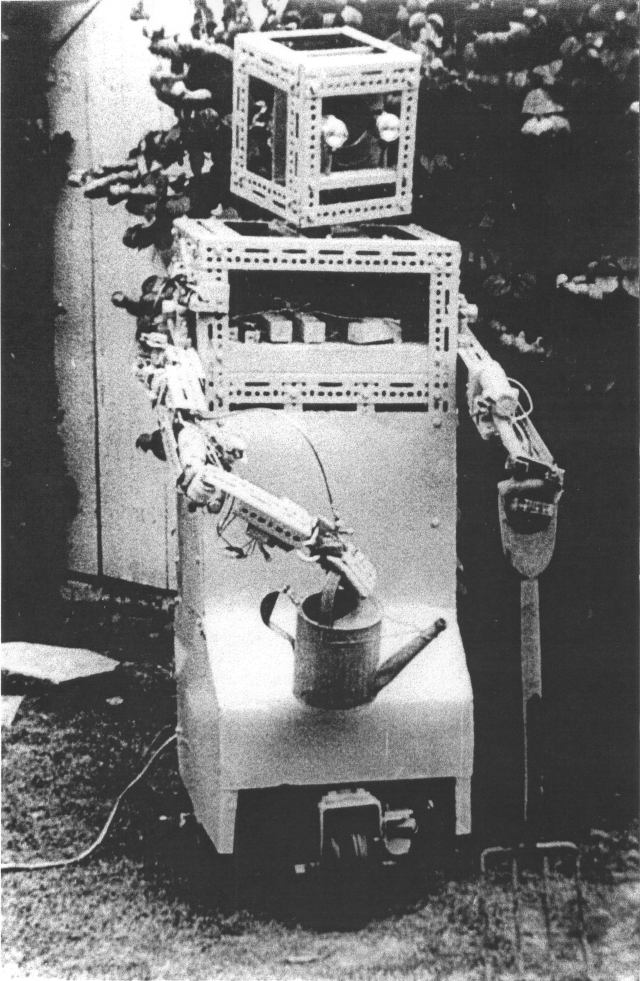In his Pacific·Standard piece, “The Second Industrious Revolution,” Louis Hyman uses the phrase “precarious work” is the describe the new Gig Economy, which would be destabilizing if widespread. With so much of Labor prone to automation and robotization and no suitable replacement work presently in view, it’s time for Americans to start envisioning solutions that don’t impede progress but instead create stability that allows us to thrive within the new realities. Like Andrew McAfee, Eric Brynjolfsson, Martin Ford and numerous others, Hyman believes basic income may become a necessity. An excerpt:
All sorts of exciting technologies will reinforce this industrious revolution, but it is not the technology that deserves our attention. It is the people whose lives will be turned upside down. Scholars and activists are concerned about this rise in precarious work, but instead of fighting the work, we need to understand how to empower workers to take advantage of this revolution—before it is too late.
The first industrious and industrial revolutions inaugurated several centuries of social dislocation, as well as unprecedented economic growth. Not until the mid-20th century, in the heyday of post-war capitalism, did we find a way to create economic security in a wage-work economy: a steady paycheck, health insurance, and home ownership. But, almost as soon as these happened, they began to go away.
We should use this coming crisis as an opportunity to return to our core American values. An older American Dream, the Jeffersonian vision of independent farmers, was promoted by the federal government in the 19th century through the Homestead Act, which provided farm land to our citizens. It was a way to push back against the rise of wage labor, which was seen as dependent and an antithesis to American values.
In today’s digital economy, we need a comparable act that empowers us to make our own way in business. While we often discuss the American Dream in terms of consumption, there is another American Dream that is more visceral: control over one’s work. The longing many Americans feel for owning their own business, the celebration of entrepreneurship in our culture, and our homesteading heritage are not just about money—or buying houses. Yet for several generations we have made it easy to own a home, but hard to own our own businesses.
Workers don’t need land, but they do need other kinds of support—health insurance, skilled education, maybe even a basic income—to take the risks upon which success depends.•
Tags: Louis Hyman

